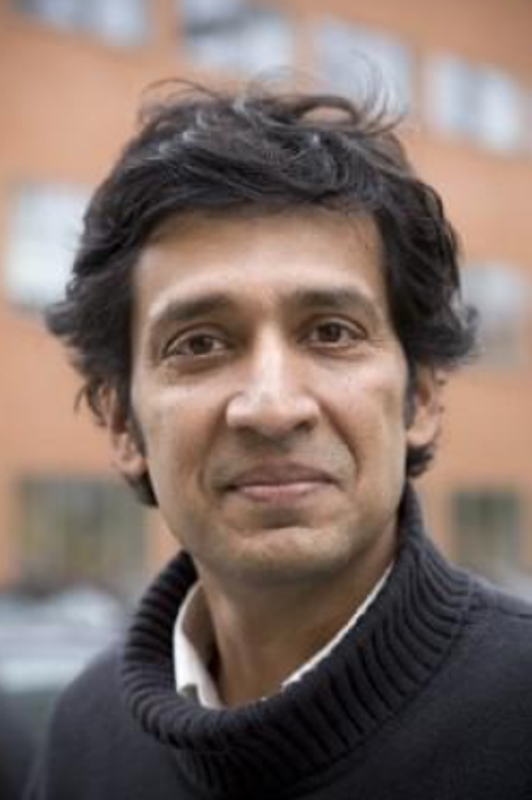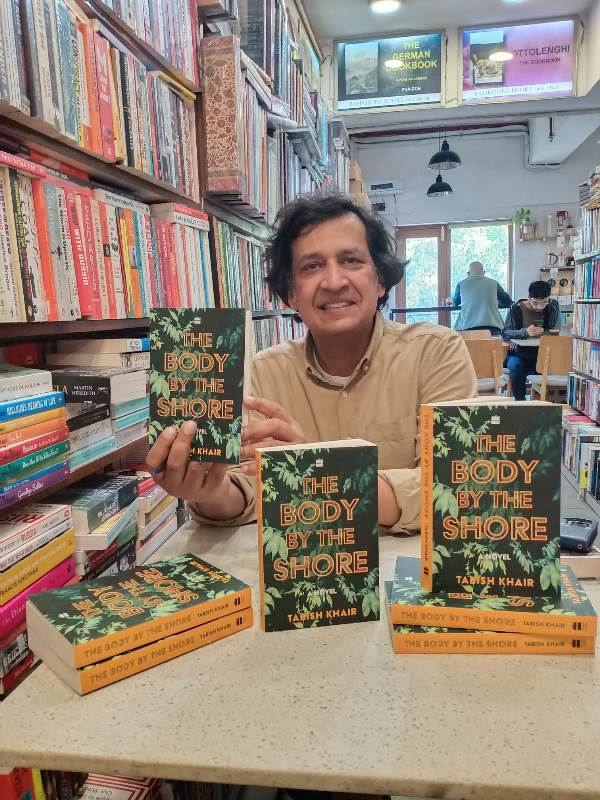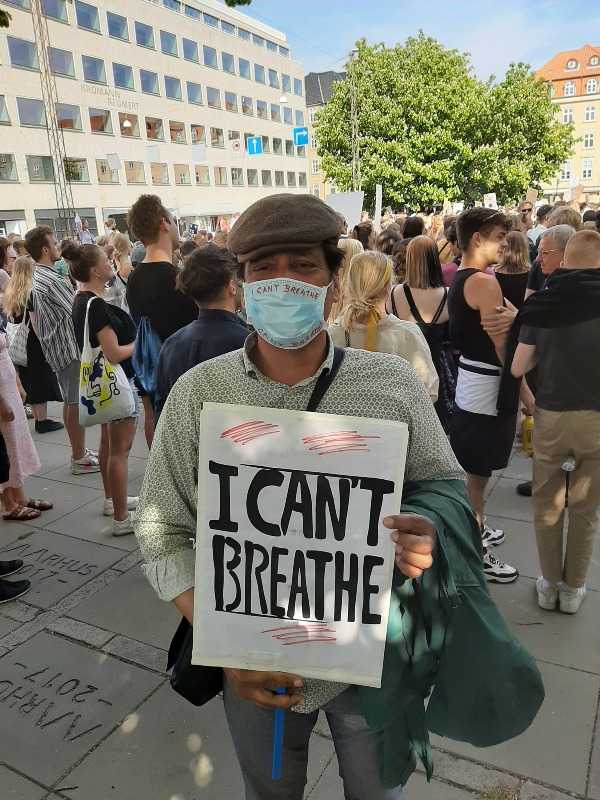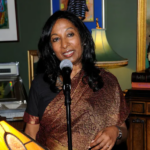Tabish Khair Age, Wife, Family, Biography & More
Quick Info→
Marital Status: Married
Age: 57 Years
Hometown: Ranchi
| Bio/Wiki | |
|---|---|
| Profession(s) | • Author • Poet • Professor |
| Physical Stats & More | |
| Eye Colour | Brown |
| Hair Colour | Black |
| Career | |
| Debut | Anthology (Poet): My World (1991) Novel (Author): An Angel in Pyjamas (1996) 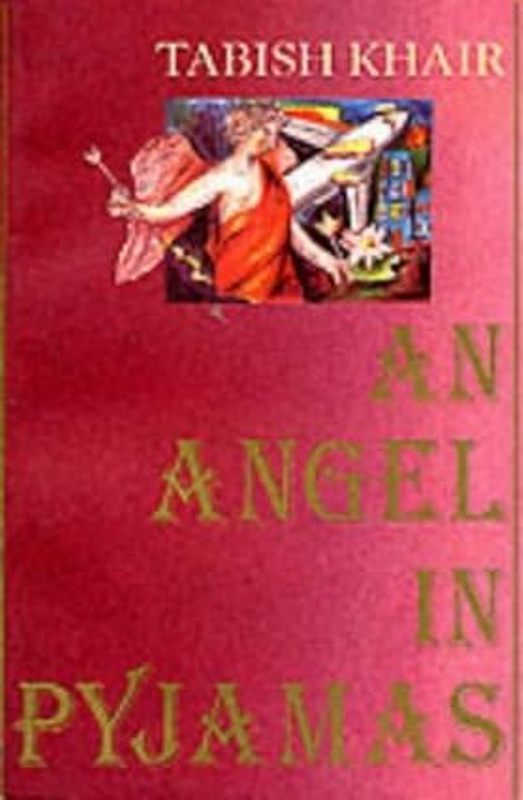 |
| Awards | • 2004: his second novel, The Bus Stopped, was short-listed for the Encore Award (UK) • 2012: his novel The Thing About Thugs was short-listed for the Man Asian Literary Prize and DSC Prize for South Asian Literature. • 1995: his poem Birds of North Europe won the first prize in the sixth Poetry Society All India Poetry Competition. • 2008: his novel Filming (2007) was shortlisted for the Vodafone Crossword Book Award in India. • 2010: his novel, The Thing About Thugs, was shortlisted for The Hindu Best Fiction Award. • The Danish translation of his novel, Filming: A Love Story (2007), was shortlisted for Denmark’s top translation/literature award (the ALOA prize). • 2020: won A K Singh Memorial Award for Best Fiction for his book Night Of Happiness. 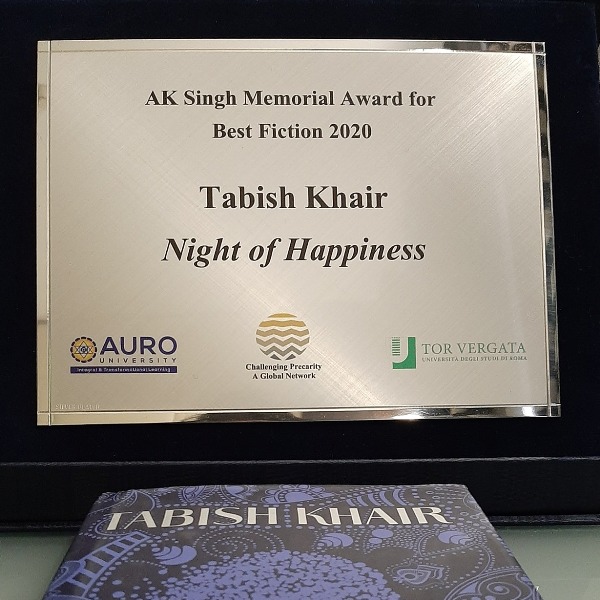 |
| Personal Life | |
| Date of Birth | 21 March 1966 (Monday) |
| Age (as of 2023) | 57 Years |
| Birthplace | Ranchi, Bihar (now in Jharkhand) |
| Zodiac sign | Aries |
| Signature | 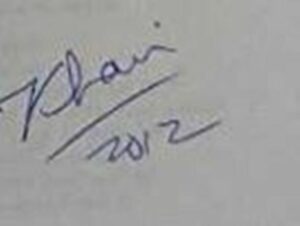 |
| Nationality | Indian |
| Hometown | Ranchi, Jharkhand |
| School | Nazareth Academy in Ranchi |
| College/University | Magadh University in Bihar |
| Educational Qualification | • Bachelor of Arts in English (honours), Sociology, and History • A master’s degree in English at the Magadh University in Bihar |
| Religion/Religious Views | He follows Islam. In an interview, he described religion as a complex matter. He said, " Religion is a complex matter. I am a great admirer of theorists like Terry Eagleton, who is an atheistic Marxist but engages with his religious traditions in depth. I dislike people who believe in 'god' blindly or dismiss religions simplistically: both sides show a dismal lack of engagement with the complexities of the past and with human aspirations and thought." [1]The Times of India |
| Food Habit | Non-Vegetarian [2]Facebook - Tabish Khair |
| Relationships & More | |
| Marital Status | Married |
| Family | |
| Wife/Spouse | Name not Known |
| Children | Son- 1 Daughter- 2 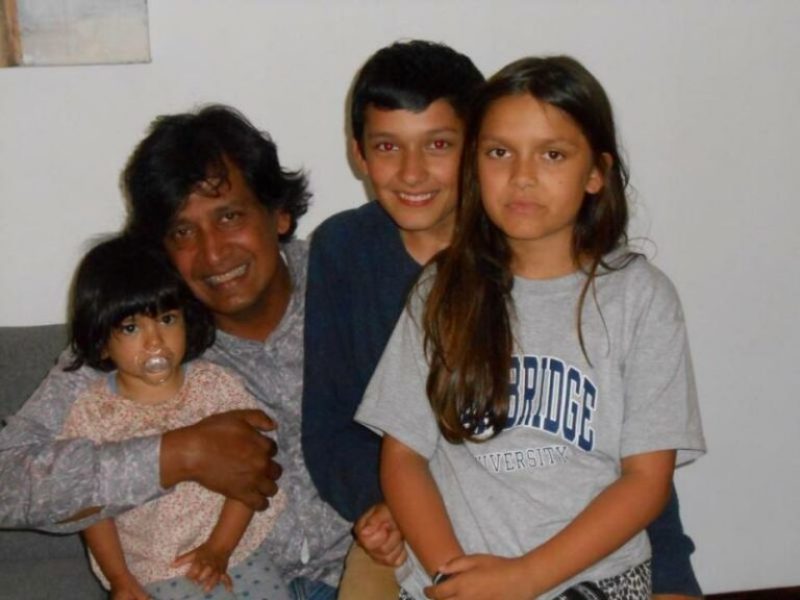 |
| Parents | Father- Khalid Khair (Doctor) Mother- Name not Known 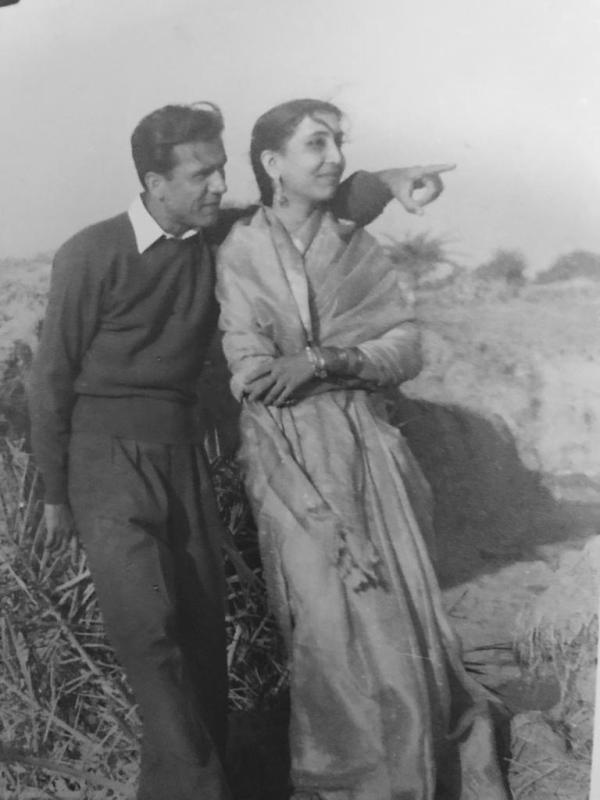 |
| Favourites | |
| Book(s) | Lost Connections by Johann Hari, Changel: The Biography of a Village by Arvind Narayan Dass |
| Actor | Irrfan Khan |
| Writer | Khushwant Singh |
| Beverage(s) | Sheer Chai, Lassi |
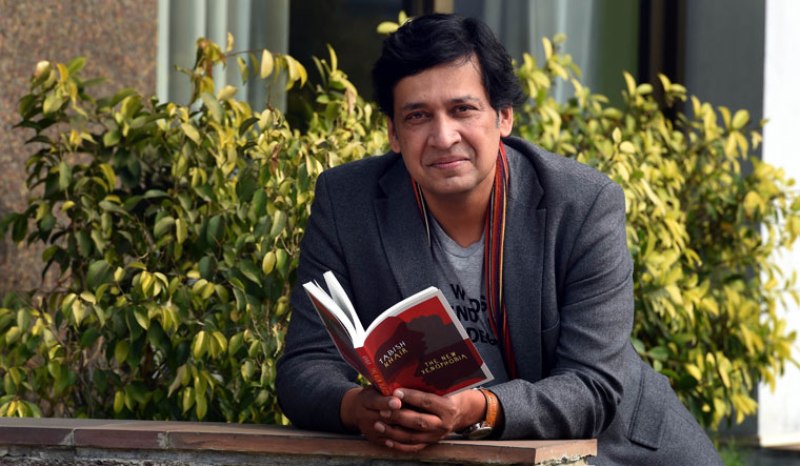 Some Lesser Known Facts About Tabish Khair
Some Lesser Known Facts About Tabish Khair
- Tabish comes from a family of doctors and engineers, and his father wanted him to study medicine like others in the family. After finishing school, he began his medical studies but decided to leave and instead pursued a Bachelor of Arts in English (honors), sociology, and history.
- After finishing his master’s degree, he went to Delhi to begin his career as a writer for newspapers and news magazines. While in Delhi, he met and fell in love with a Danish girl, and they moved together to Copenhagen, Denmark. Initially, Tabish Khair worked various odd jobs in Denmark, such as hotel cleaning, dishwashing, and house painting. In 1999, he was awarded a PhD merit scholarship and began his PhD studies at the University of Copenhagen, Denmark.
- Tabish Khair began writing while in college. He served as the district reporter for the Patna Edition of the Times of India. Before leaving his hometown, Tabish had his first collection of poems, ‘My World,’ published by a major publishing house, Rupa & Co, Delhi. His debut collection received praise from senior poets and critics such as Keki N. Daruwalla, Adil Jussawalla, Vilas Sarang, and Shiv K. Kumar.
- At the age of 25, Tabish Khair moved to Delhi due to conflicts with local fundamentalists. In Delhi, he worked for The Times of India. During this time, Khair published two more collections of his work and began writing his first novel, ‘An Angel in Pyjamas,’ which was published in 1996 by Harper Collins. India Today described it as “the calling card of a writer with the power to fascinate.” Tabish’s writing often explores themes such as xenophobia, climate change, racism, abuse of power, and science.
- After Delhi, Tabish Khair moved to Denmark, where he completed his PhD in 2000. He wrote a thesis that was later published as a book titled “Babu Fictions: Alienation in Indian English Novels” in 2001. The book discusses the challenges faced by Indian writers when writing in English. Khair’s second novel, “The Bus Stopped,” was published by Picador in 2004. His notable works include “The Thing About Thugs,” “How to Fight Islamist Terror from the Missionary Position,” and “The Bus Stopped.” Khair has also co-edited several books and journals, including a casebook of essays on Amitav Ghosh (Permanent Black, Delhi) and “Other Routes,” an anthology of pre-1900 Asian and African travel writing.
- In January 2018, Tabish wrote an article titled “Kalam Haidri: Phoopajaan” for the online platform Life and Legends about his uncle. In the article, he shared his last conversation with his uncle. He wrote,
I remember teasing him during one of my last visits. As he picked up his prayer mat and headed for a quiet corner, I said to him, ‘But Phoopajaan, I thought communists did not believe in God.’He turned to me, with a slight smile, and quipped, ‘When you reach my age, son, you will prefer not to take any risks.’ [3]Life and Legends
- Tabish Khair’s academic papers, reviews, and essays have appeared in renowned journals and newspapers. He conducted his first reading from his book “Just Another Jihadi Jane” in Bergen, Norway, for a small but knowledgeable audience in September 2016. In 2022, he published a science fiction novel titled “The Body by the Shore.”
- Khair was awarded an honorary fellowship for creative writing from the Baptist University of Hong Kong in 2004. He has also received fellowships from various universities in New Delhi and a by-fellowship from Churchill College, Cambridge University, UK. Additionally, Khair edited “Other Routes” (2005), an anthology of travel writing by Africans and Asians. His work has been translated into more than six languages, including French, Spanish, Danish, and Portuguese.
- Tabish has presented his poetry and books at numerous international events, such as the Jaipur Literary Festival (2017), Kolkata Literary Meet (2019), and Kalam Festival, Kolkata (2019). Tabish Khair has published many famous novels including Where Parallel Lines Meet (2000), Babu Fictions: Alienation in Indian English Novels (2001), and The Bus Stopped (2004).
- He has served as a writer in residence at York University in the UK and as a visiting fellow at Cambridge University and Leeds University. In India, he has been a visiting fellow at Delhi University, Jawaharlal Nehru University, Jamia Millia Islamia, and the Indian Institute of Technology Bhubaneswar.
- In 2020, Khair joined a major protest against racism and in support of the Black Lives Matter movement in Aarhus, Denmark.
- In 2020, Tabish Khair participated in The Decameron 2020, a project organized by Italian writer Erri De Luca and American filmmaker Michael Mayer. The project involved authors from around the world writing a story about their lives during the COVID-19 lockdown. Khair wrote “River of No Return,” which was read by Indian actress Shabana Azmi. [4]The Times of India
- Tabish dislikes categorizing his literary work as diasporic, subalternist, or focused on post-colonial themes. He also dislikes being labeled as a “Modernized or Westernized Muslim” and prefers not to be identified in that way.
- He is a big fan of Salman Rushdie‘s work and is frequently seen reading his books in interviews.
References/Sources:

